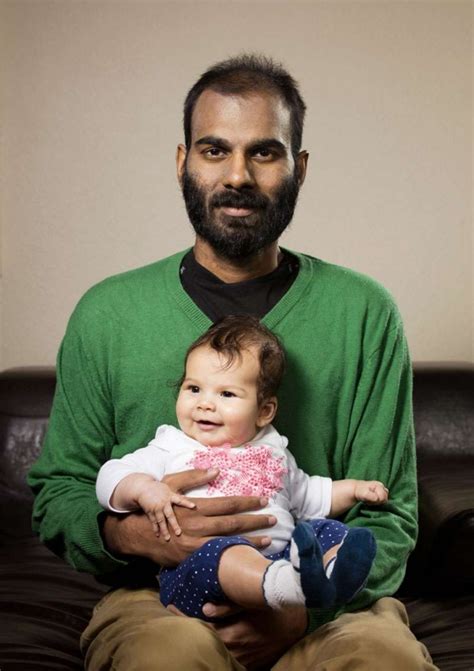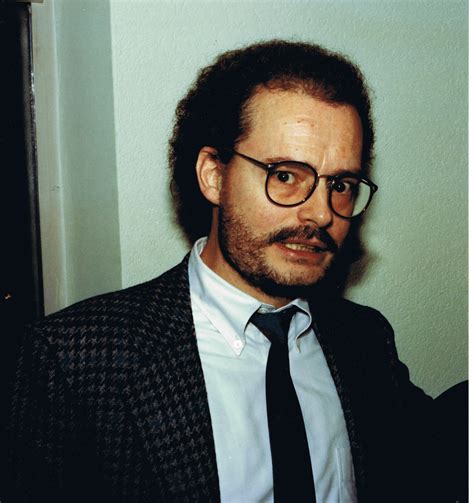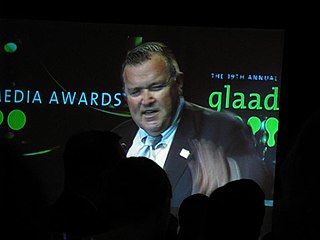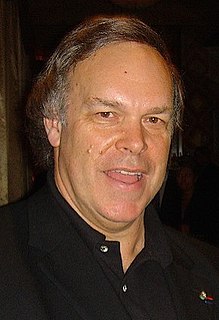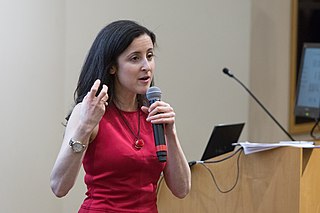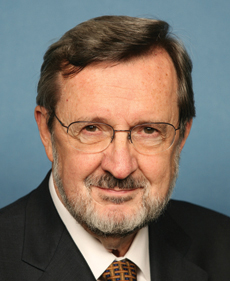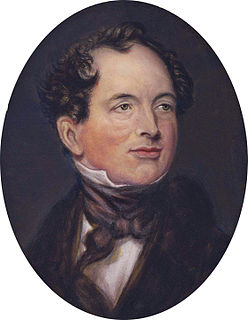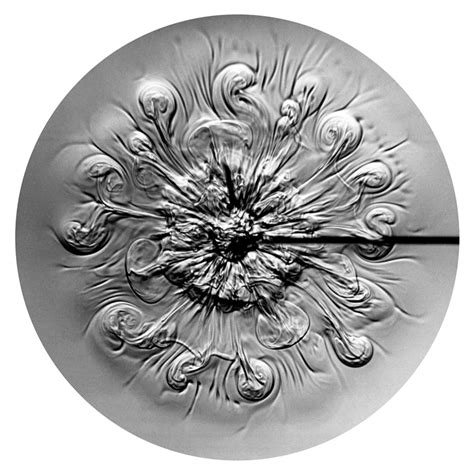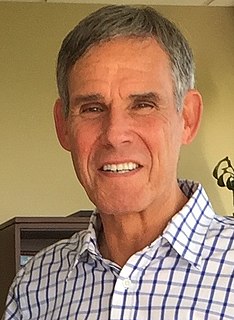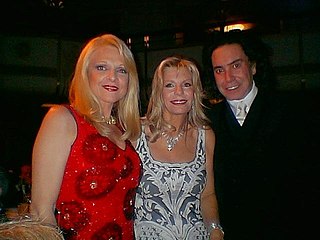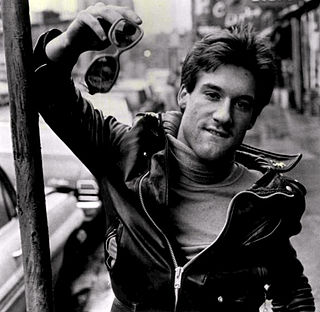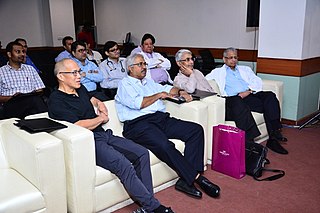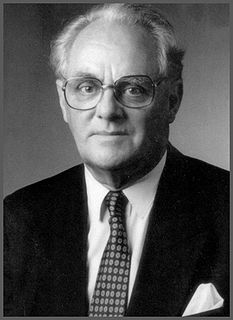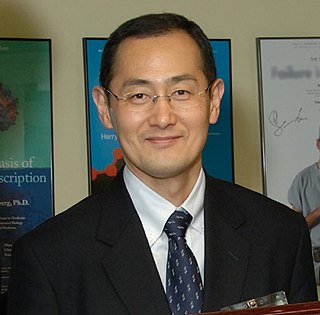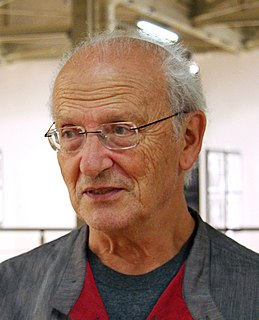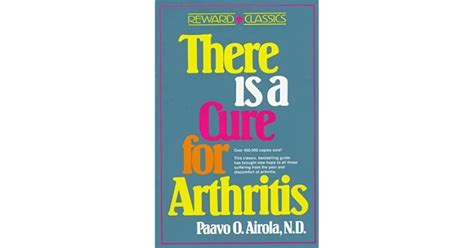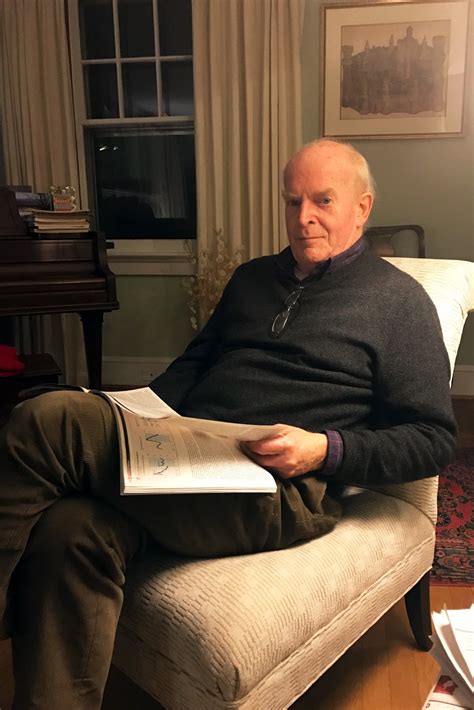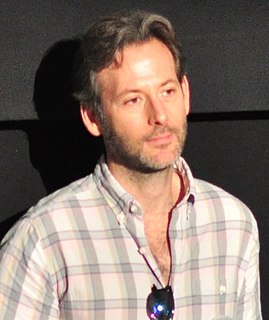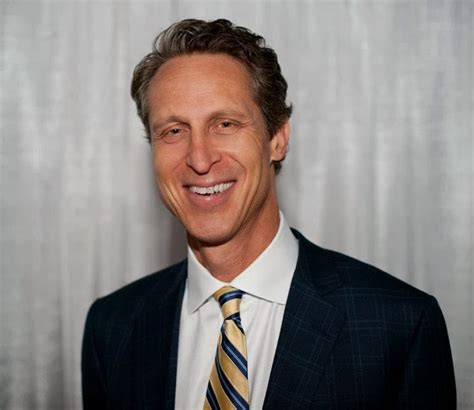Top 1200 Treating Patients Quotes & Sayings - Page 20
Explore popular Treating Patients quotes.
Last updated on November 28, 2024.
I have sat with countless patients and families to discuss grim prognoses: It's one of the most important jobs physicians have. It's easier when the patient is 94, in the last stages of dementia, and has a severe brain bleed. For young people like me - I am 36 - given a diagnosis of cancer, there aren't many words.
It's very important to approach pedophiles and pedosexuals and offer them therapy. It's been my experience that you can reach your objective with what I would call kind-hearted, informed and enlightened patients - in the sense that they don't lose their desire, but that they no longer have physical contact with children. That would be the goal.
If I had a formula for bypassing trouble, I wouldn't pass it around. Wouldn't be doing anybody a favor. Trouble creates a capacity to handle it. I don't say embrace trouble. That's as bad as treating it as an enemy. But I do say, meet it as a friend, for you'll see a lot of it and had better be on speaking terms with it.
The best Chateauneuf-du-Papes are among the most natural expressions of grapes, place and vintage. Chateauneuf-du-Pape vineyards are farmed organically or biodynamically, and the region's abundant sunshine and frequent wind (called 'le mistral') practically preclude the need for treating the fields with herbicides or pesticides.
Ever since Katrina, there has been a proliferation of efforts at the state level and among hospital administrators to come up with guidelines that would help professionals stuck in a situation like this to prioritize patients. These are questions of values much more than they are of medicine or nursing. They're the province of everybody.
One theory says that if you treat people well, you're more likely to encourage them to do what you want, making all the effort pay off. Do this, get that. Another one, which I prefer, is that you might consider treating people with kindness merely because you can.
Regardless of what they choose to do in response, this is what you choose to do. Because you can.
When we relate to our bodies as having soul, we attend to their beauty, their poetry and their expressiveness. Our very habit of treating the body as a machine, whose muscles are like pulleys and its organs engines, forces its poetry underground, so that we experience the body as an instrument and see its poetics only in illness.
To serve the cause of water adequately... We must get to know it in its true being. And how do we do this? Why, by treating it in the very way exemplified by its own behavior; that is, whenever we encounter it, we wash the tablet of our souls clean of all other impressions in order to allow the being of water to make its imprint on us.
If you sequence a cancerous tumor, you should be able to tailor the therapy according to the root cause of the cancer. But it has taken so long to do the sequencing - which also requires time to prepare the samples and interpret the deluge of data that comes out - that the patients are already undergoing therapy by the process if over.
For all of my patients sensuality is a giving in to 'the low side of their nature.' Puritanism is powerful and distorts their life with a total anesthesia of the senses. If you atrophy one sense, you also atrophy all the others, a sensuous and physical connection with nature, with art, with food, with other human beings.
I think when someone blindly projects and it's showing up in the form of envy or hate - and I actually think they're synonymous - that's when I feel the most afraid and disconnected and vulnerable. Like whenever I don't feel safe in my own hands, in terms of my not being tender or merciful with myself, or when we're treating each other that way.
Managers of hospitals over the years have been increasingly recruited from outside the health service, and although their experience of running a supermarket chain might allow them to balance the books, it does not mean they have any insight into how a ward should be managed and patients best served.
There's a classic medical aphorism: 'Listen to the patient; they're telling you the diagnosis.' Actually, a lot of patients are just telling you a lot of rubbish, and you have to stop them and ask the pertinent questions. But, yes, in both drama and medicine, isolated facts can accumulate to create the narrative.
The bulk of my learning - if I may call it such - has come within the past three months, after I became a part of the fragile body of patients who make up an AIDS hospice. Here, surrounded by teams of supportive nurses, attentive doctors, and interns, one gently comes upon his own strengths and shortcomings.
If I've operated on 8,000 brain tumours, if 7,999 patients were satisfied, if I'd done the right thing, if I have funded research like I have, if I've raised millions of dollars like I have, and yet there was one patient out there who was unhappy, I think it's a price that you pay. The good would overcome that one bit of bad.
I now say that the oldest man living never heard of the president of a great nation to come down to open electioneering for his successor. It is treating the nation as if it was the property of a single individual, and he had the right to bequeath it to whom he pleased - the same as a patch of land for which he had the patent.
As climate change moves from a model of the future to the reality of the present, health care systems across the country are facing a difficult set of questions. What are doctors supposed to do when wildfires, rising floodwater or other natural disasters threaten their ability to provide care for patients?
Because the biological mechanisms that affect our health and well-being are so dynamic, when people change their diet and lifestyle, they usually feel so much better, so quickly; it reframes the reason for changing from fear of dying to joy of living. Also, the support that patients give each other is a powerful motivator.
Managers of hospitals, over the years have been increasingly recruited from outside the health service and although their experience of running a supermarket chain might allow them to balance the books, it does not mean they have any insight into how a ward should be managed and patients best served.
A modern hospital is like Grand Central Station—all noise and hubbub, and is filled with smoking physicians, nurses, orderlies, patients and visitors. Soft drinks are sold on each floor and everybody guzzles these popular poisons. The stench of chemicals offends the nose, while tranquillizers substitute for quietness.
When new pages are sent to editors and see rejection, we should ask for the reasons. We must study the reasons for failure and learn. It's not about struggle with our limitations or with public or the publishers. It's more about treating it like in aikido; the strength of the attack is used to defeat him with the same effort.
I have seen how patients with arthritis, crippled for years, have left their crutches and beds and walked.at the biological clinics (Europe). After a few days or weeks of simple and harmless treatments, the pain from which they suffered for years disappeared and their joints became mobile and flexible again.
Part of my training was learning how to refer patients to cardiologists for heart problems, gastroenterologists for stomach issues, and rheumatologists for joint pain. Given that most physicians were trained this way, it's no wonder that the average Medicare patient has six doctors and is on five different medications.
When I was a runner and competing in triathlons I was having pains in my hip and just treating it as an injury. I would ice it and take anti-inflammatories, but it just wouldn't go away. I finally went into my doctor and we did x-rays and had an MRI and diagnosed it as osteoarthritis. At that point I stopped doing anything that was impactful to my hip joints.
Medicine has been successful by treating diseases in a very specific way once the damage is done. But telomere length integrates a lot of factors together and gives you an overall picture of risk for what is now emerging as a lot of diseases that tend to occur together, such as diabetes and heart disease.
With the Lower Drug Costs Now Act, we are taking bold action to level the playing field for American patients and taxpayers. This legislation is one that I am proud to have voted for, and the House can be proud to have passed. It is essential to save the lives of Americans and improve our quality of life.
